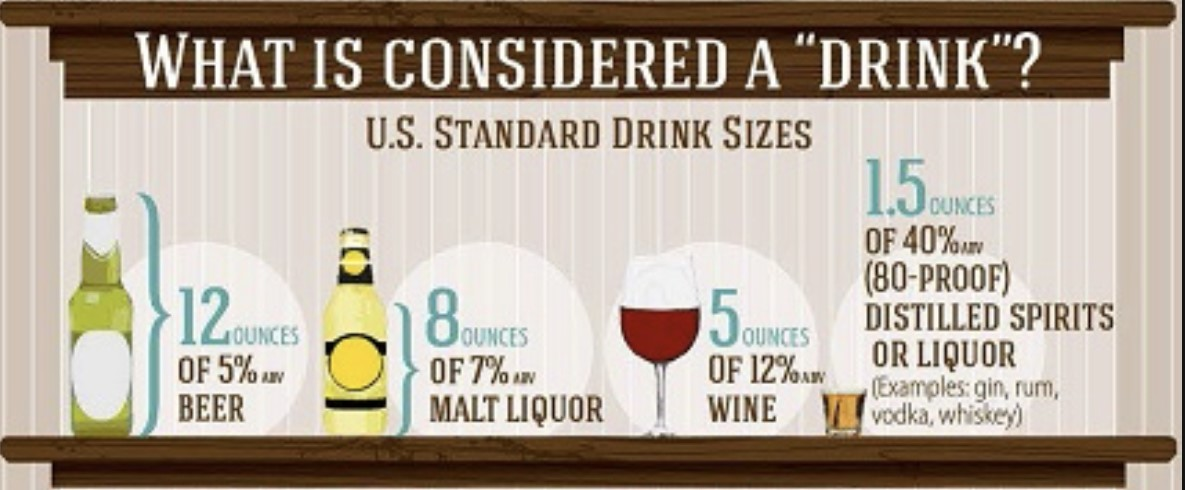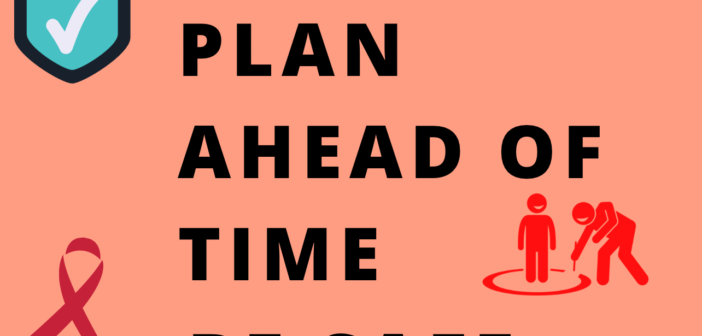Written by Isa Riano, Advertisement Manager
Alcohol Awareness Month is in April, and the Health Center and Counseling Center staff would like to raise awareness on this vital topic. Follow along to learn what resources there are to help students physically and emotionally.
According to Karah Beaver, the assistant director of counseling services, there are many stigmas related to substance use disorders.
“Just the word ‘alcoholic’ may bring a negative picture to your mind,” said Beaver.
However, there are ways to overcome these stigmas. One of them is to refer to someone addicted to alcohol as ‘a person with a substance use disorder’ rather than saying they are an ‘alcoholic.’
It is also important to understand that substance abuse disorders are not uncommon.
“We should recognize that alcohol is a powerful drug that can cause dependency and the progressive disease of addiction in any of us,” said Beaver.

Moreover, Beaver explained that most people use alcohol to escape problems, just like they would use impulse spending or smoking to alleviate their mental health temporarily. Despite its powerful effect, alcohol can harm both physical and mental health.
“Excessive alcohol can reduce the serotonin levels in our brains and make us more depressed, sad, and lacking motivation,” said Beaver.
According to Beaver, alcohol abuse can also impair our social relationships and connection with relatives because of stigma.
However, if we have a close connection with someone who drinks more than they should, the best we can do is support them.
“Although we cannot change the person, we may express our concerns with them,” said Beaver.
Saint Leo has resources for students who have problems with drinking. The Counseling Center on the second floor of the Wellness Center has licensed therapists with experience counseling clients who may struggle with substance abuse. Students can schedule an appointment by emailing counseling@saintleo.edu.
Chantel Smith, the practice manager in health services, shared a patient education form that is from Healthwise. In this form, medical professionals list the National Poison Control Hotline as a
resource for those who have been dangerously intoxicated. To reach them, dial 1-800-222-1222.
According to Beaver, other resources off campus may help students who struggle with excessive drinking. One is a support meeting, such as Alcoholics Anonymous, at https://www.aa.org/find-aa. Others who may work with a loved one having an addiction can join Al-Anon at https://al-anon.org/al-anon-meetings/find-an-al-anon-meeting/.
This month, let’s take the time to educate ourselves on the effects that alcohol has on the brain and the body, reduce stigma, and support anyone struggling with excessive drinking.





